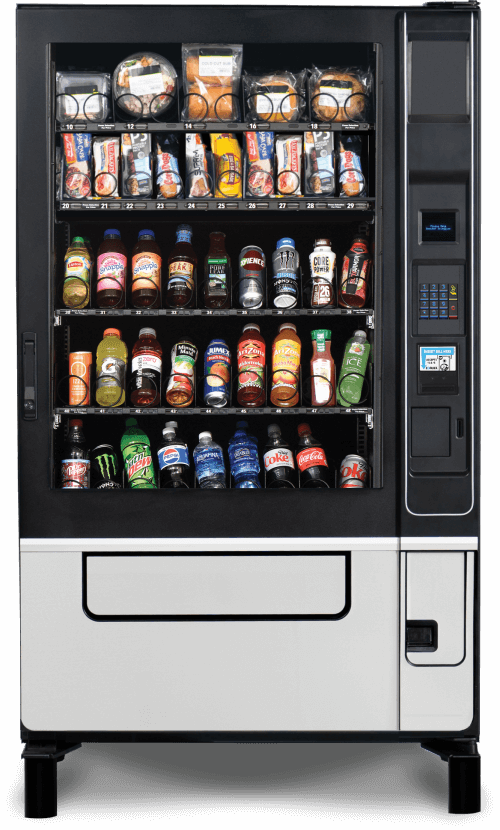What Products Are Recommended to Safely Clean and Disinfect Vending Equipment?
Previously, we delved into why vending is the ultimate solution in the convenience services industry in Part I. Part II of our four-part series will provide guidance on finding the right cleaning agent to keep your vending machines equipment disinfected and safe for your customers to use.
As communicated by the European Vending Association, even with the secured product control offered by vending, it is extremely important to clean and disinfect vending equipment often, especially considering the current health crisis due to COVID-19. Fortunately, the cleaning and disinfecting process for vending machine equipment is easy and cost-effective. All components on vending equipment, including electronics, keypads, plastic surfaces, and glass surfaces, can be effectively cleaned and disinfected with warm, mild soapy water.
Why is soap so effective against bacteria and viruses, such as the Coronavirus? Soap is comprised of two-sided molecules. One side is attracted to water; the other side is attracted to fat. Viruses, such as the Coronavirus, are comprised of material surrounded by a coating of proteins and fat. When viruses interact with soap, the soap molecules rip that fat coating out. Soap literally demolishes viruses in as little as 20 seconds. To learn more about why soap is Vending.com’s preferred vending machine cleaning and disinfectant agent, check out National Geographic’s article Why soap is preferable to bleach in the fight against the coronavirus.
There are commercial-grade cleaning and disinfectant options such as Kay 5 Chlorinating Sanitizer, which is highly effective against bacteria and fungus, and is used primarily for kitchen equipment, soft serve and shake machines and kitchen utensils. Another option is PURELL® Foodservice Surface Sanitizer, an EPA registered multi-surface sanitizer/disinfectant approved for use on food-contact surfaces with no-rinse required and is currently registered in all 50 states.
If you choose to use a commercial-grade vending machine cleaning product, follow the manufacturer’s instructions for application and proper ventilation. Never mix these products with ammonia or any other cleanser. Also, check to ensure the product is not past its expiration date. Expired products will likely not be as effective against coronaviruses. You can view all EPA approved disinfectants against SARS-CoV-2, the novel coronavirus that causes the disease COVID-19 HERE.
For more information on best practices to sanitize your vending equipment or other equipment questions, please contact Vending.com at 888-290-9356.
How should you go about cleaning your vending machine? Check back later to find out in Part III.
